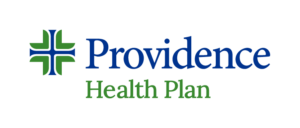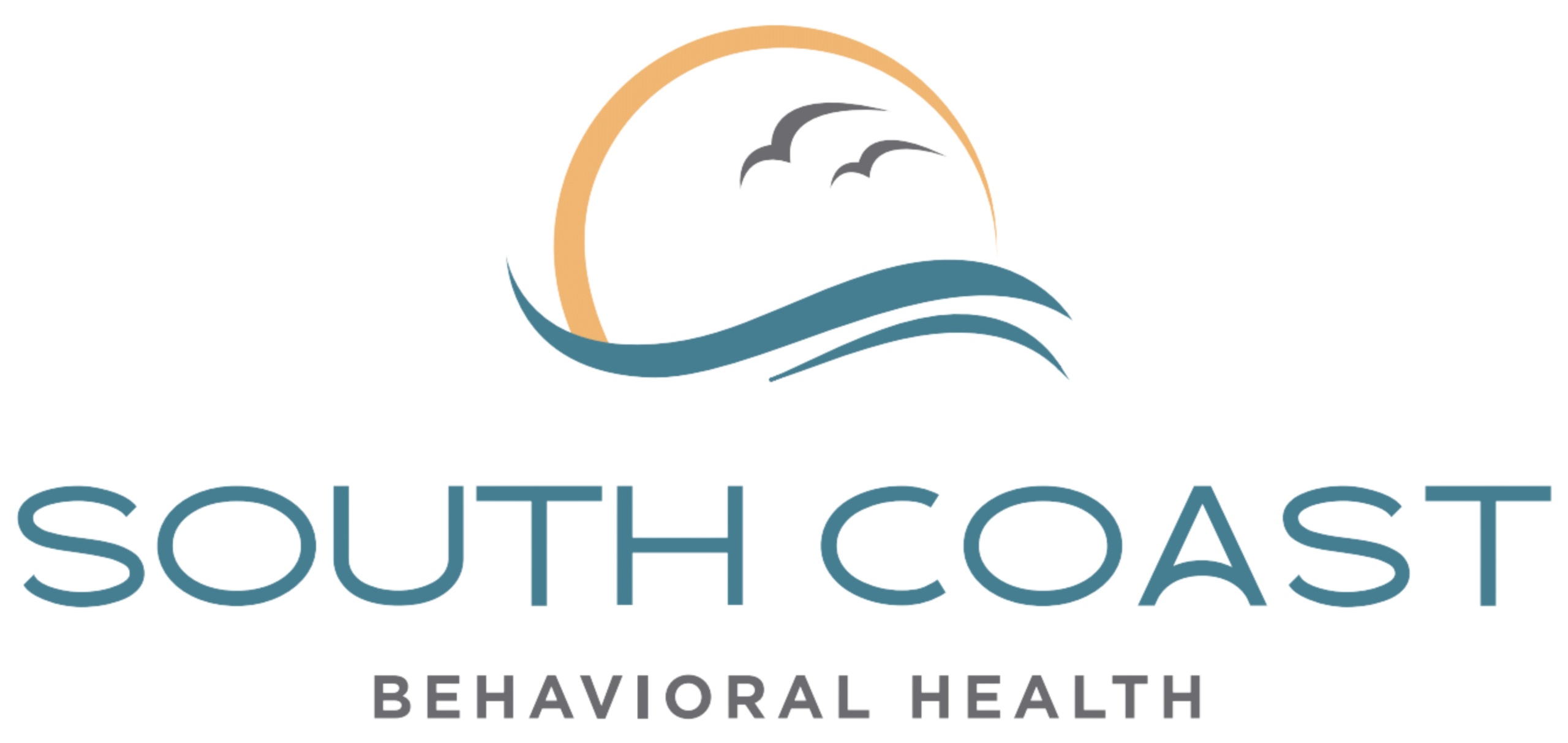What Is Lean?
Lean is a street drug made from a combination of soft drinks, hard candies, and codeine cough syrup. It’s popular among adolescents in urban areas, particularly in the South, who often get together to make it. If you drink lean, you could end up with an addiction issue that requires a treatment center.
Some nicknames for Lean include:
- Purple Drank
- Sizzurp
- Purple Stuff
- Purp
- Playa Potion
- Barre
- Dirty Sprite
- Texas Tea
Lean first emerged in and around 1960s Houston. It then exploded in popularity from the 1990s onward as a result of its association with (and glorification by) hip-hop culture such as Lil Wayne. Its reputation continues to spread among young people, with lean tutorials on how to produce lean appearing on TikTok and other platforms. Lean addiction treatment is full of recovery stories of people who were consuming lean to dangerous levels. They were able to end their drug abuse with the right help.
Is Lean Dangerous?
You can fatally overdose on lean; so yes, it’s dangerous.
The primary ingredient in lean is codeine, a highly addictive opioid-based pain reliever. Like many opioids, codeine relaxes the body, causing effects like slowed breathing and slowed heart rate. This is also why the drug is called lean, because people who take it experience reduced coordination, causing them to “lean” to the side.
Other effects of lean include:
- Euphoria, or high
- Dizziness
- Constipation
- Slurred speech
- Impaired vision
Lean caused several overdose deaths over the years. Houston rappers Pimp C, DJ Screw, and others have had their lives cut short by lean overdoses.
Aside from having an overdose potential on its own, lean is commonly mixed with alcohol and other drugs. This can slow down breathing to dangerously low levels.
Lean can also raise the risk for a variety of other negative health issues including weight gain, tooth decay, urinary tract infection, and constipation.
If you or someone you know is struggling with addiction to lean or any other substances, it is important to find treatment programs from a reputable healthcare provider, therapist, or support group. Like any addiction issue, respect and dignity need to be at the forefront. Using offensive terms like “lean addict” or “junkie” are unacceptable and can hurt someone’s chances of turning their life around due to the stigma of being a cough medication user. Lean abuse requires a careful plan that includes drug and alcohol rehab.
Can You Get Addicted To Lean?
Can you get addicted to lean? Absolutely.
The primary ingredient in lean, codeine, is an opioid. Like all opioids, it’s habit-forming – users can build a tolerance and become physically addicted. This can raise a person’s risk of a fatal overdose as they progressively consume more and more purple drank to feed their addiction.
Opioids, such as codeine, have a high potential for abuse and addiction. Regular use of lean can lead to physical and psychological dependence where the body craves the substance, and withdrawal symptoms occur when the drug is not consumed.
Lean withdrawal symptoms include:
- Anxiety
- Insomnia
- Shaking
- Hot and cold flashes
- Aches and pains
- Nausea and vomiting
- Sensitivity to light
- Elevated heart rate and blood pressure
- Loss of appetite
- Intense cravings for the drug
Additionally, the promethazine in the cough syrup has sedative effects, which can enhance the relaxing feeling produced by codeine, making the combination even more appealing and addictive.
Does Lean Show Up on a Drug Test?
Most standard drug tests screen for opioids, including codeine. Urine tests are the most common type of drug test and can detect codeine for 1 to 3 days after the last use. Hair tests can detect codeine for a longer period, up to 90 days or more after the last use.
Keep in mind that detection times can vary based on factors such as the individual’s metabolism, frequency of use, and the specific test being used.
Finding Help for an Opioid Addiction
If you or a loved one are struggling with addiction to codeine-based drugs like lean, or any other opioids, know that there is help available. We offer unique levels of care for prescription cough and cold medicines addiction. Those levels of care include:
- Inpatient Treatment
- Partial Hospitalization Program
- Intensive Outpatient Program (IOP)
- Outpatient Treatment
South Coast Behavioral Health offers a full medical detox program with doctorate-level, certified physicians. Our expert staff will assist you or your loved one in managing lean withdrawal symptoms as they fight to clear the drug from their system.
After that, you can take advantage of our treatment programs for opioid addiction.
Residential Treatment in Costa Mesa, Irvine, and Huntington Beach
After completing medical detox, you’ll transition to residential treatment at one of our beautiful Southern California treatment facilities.
There, in a structured environment, you’ll receive medically assisted treatment and dual diagnosis treatment to deal with any cravings or co-occurring mental health issues you may be battling.
In addition to individual and group counseling and medication management, you’ll also have access to leisure activities and family support services.
Partial Hospitalization in Newport Beach
Our Newport Beach Partial Hospitalization Program offers a high degree of care with increased flexibility over residential treatment. Here, clients can receive care five to seven days a week for several hours each day, returning to their sober living homes in the evening. This allows them to receive the care they need without putting their lives completely on hold.
Intensive Outpatient in Newport Beach
We also offer an Intensive Outpatient Program in Newport Beach. Here, clients participate in intensive therapy sessions, meeting three to five days a week, with each session lasting three hours. This level of care requires the least amount of attendance at a facility.
IOPs offer participants the ability to continue their employment or academic obligations while receiving support and therapy as needed as they prepare to reenter society.
Start Today
If you or a loved one are thinking of getting treatment for codeine addiction, South Coast is ready to help. Our highly qualified staff can help you verify your insurance, explain what to expect on your addiction recovery timeline, and answer any other questions you may have.
To get started with drug and alcohol detox, simply give us a call at 866-881-1184 or click here.
REFERENCES:
- Increasing Abuse of Bath Salts (justice.gov)
- “Purple Drank” (Codeine and Promethazine Cough Syrup): A Systematic Review of a Social Phenomenon with Medical Implications – PubMed (nih.gov)























